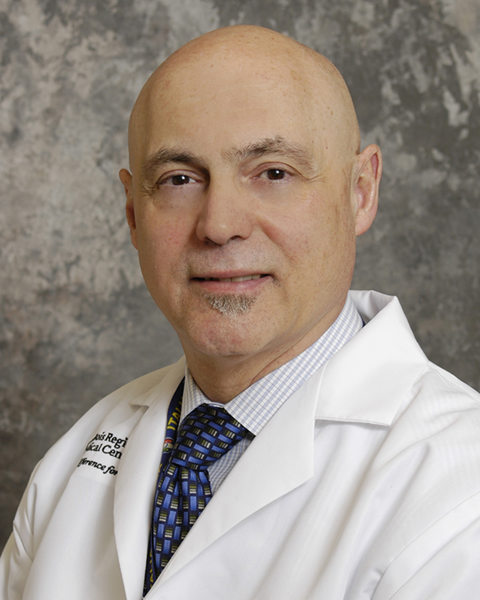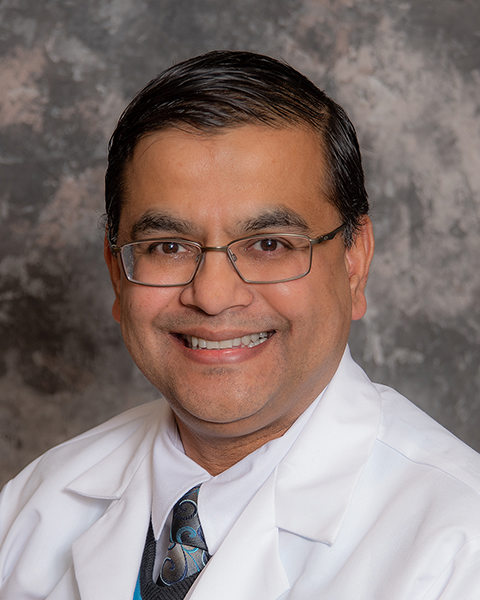
What is CPAP therapy?
CPAP Therapy
CPAP stands for continuous positive airway pressure. CPAP machines are used to treat obstructive sleep apnea. Sleep apnea occurs when the upper airway collapses during sleep. This collapse leads to a lack of oxygen that forces the body to wake up to start breathing again.
Complete our online Sleep Survey to receive a FREE sleep mask.
How does CPAP Therapy Work?
CPAP therapy is administered through a small machine that sits next to your bed at home. Before going to sleep, you’ll put on a face mask that you’ve selected and is comfortable. Through the face mask, the machine will deliver mildly pressurized air into your airway. This air gently forces its way through your upper airway, keeping the airway from collapsing while you sleep.
There are several different types of CPAP therapy machines. Some are set to deliver a certain pressure of air at intervals set by your sleep doctor. Others automatically adjust the pressure based on your needs while you sleep. There are even more styles of face masks to choose from. If your sleep doctor prescribes CPAP therapy, our team will help you determine which sleep apnea machine and mask is right for you.
Do I Have to Use CPAP Forever?
If your sleep doctor prescribes CPAP therapy, it’s important to use it every time you sleep. That means at night, for naps, at home, and on vacation.
If your obstructive sleep apnea was caused by a treatable condition, it’s possible you may be able to stop using the CPAP machine if the underlying condition is addressed. For example, if your sleep apnea is caused by being overweight and you get to a healthy weight, you might not need CPAP therapy any longer. But don’t stop CPAP therapy without first talking to your sleep doctor.
What are CPAP Alternatives?
CPAP therapy is the most effective way to treat obstructive sleep apnea on its own. But if wearing the sleep apnea machine mask every time you sleep isn’t possible, there are alternatives. Other treatments include dental devices that keep your upper airway open, changing sleep positions, and surgery.
Are Sleep Apnea Machines Dangerous?
No. CPAP therapy is approved by the FDA. As long as you use your sleep apnea machine as instructed, you shouldn’t have any complications.
Side effects of CPAP therapy include air leaks, skin irritation from an ill-fitting mask, mouth and nose dryness, and gas and bloating if excessive air is swallowed during treatment. If you experience any side effects, talk to your sleep doctor. Do not stop using your sleep apnea machine without first consulting your physician.
Are Sleep Apnea Machines Noisy?
Early sleep apnea machines were noisy. Sometimes they kept people with sleep apnea and their bed partners from sleeping. Today’s CPAP machines are much quieter. They also come with lots of features to make treatment easier and more comfortable.
Before purchasing a sleep apnea machine, research the available options and ask for recommendations based on your needs. If you travel frequently, you may consider getting a portable CPAP. Many models come with a built-in or added humidifier to help keep your mouth from becoming dry. And some gradually increase the amount of air pressure used after you put the mask on to make the transition easier.
Is CPAP Therapy Covered By Insurance?
Yes. Sleep apnea can cause many health problems, so most insurance plans will cover the expense of a sleep apnea machine. We will help work with your insurance plan to determine what will be covered.

Sleep Medicine
Pulmonology
Critical Care Medicine
Penn Highlands Pulmonology and Sleep Medicine - St. Marys
A Service of Penn Highlands DuBois
Penn Highlands Pulmonology and Sleep Medicine - DuBois
A Service of Penn Highlands DuBois


Sleep Medicine
Pulmonology
Penn Highlands Lung Center - St. Marys
A Service of Penn Highlands DuBois
Penn Highlands Lung Center - Philipsburg
A Service of Penn Highlands DuBois
The Lung Center
Penn Highlands Lung Center - Punxsutawney
A Service of Penn Highlands DuBois
The Sleep Lab is located on the 2nd floor of the Central Wing.
Accredited by the American Academy of Sleep Medicine
• In-Home Sleep Studies
The Sleep Disorders Center is located on the 2nd Floor of the DuBois Community Medical Center.
Accredited by the American Academy of Sleep Medicine
- In-Home Sleep Studies
- In-Lab Sleep Studies
The Sleep Lab is located on the 1st Floor of the Penn Highlands Elk.
Accredited by the American Academy of Sleep Medicine
- In-Home Sleep Studies
- In-Lab Sleep Studies
The Sleep Lab is located on the 3rd floor of the Hospital in the Specialty Care Clinic.
Accredited by the American Academy of Sleep Medicine
• In-Home Sleep Studies
• In-Lab Sleep Studies
The Sleep Lab is located on the 3rd floor of the Charles L. & Rose Sweeney Melenyzer Pavilion.
Accredited by the American Academy of Sleep Medicine
• In-Home Sleep Studies
• In-Lab Sleep Studies
